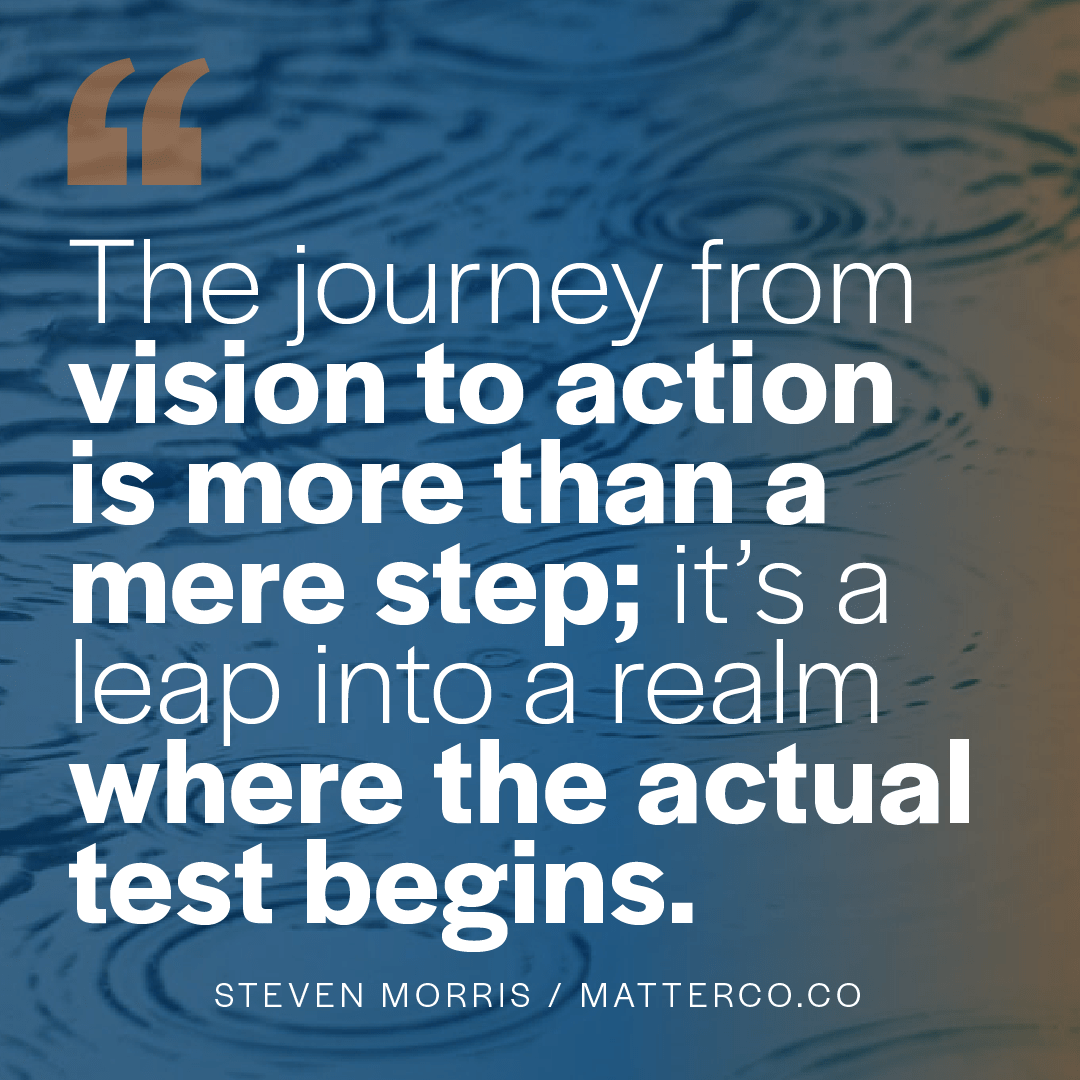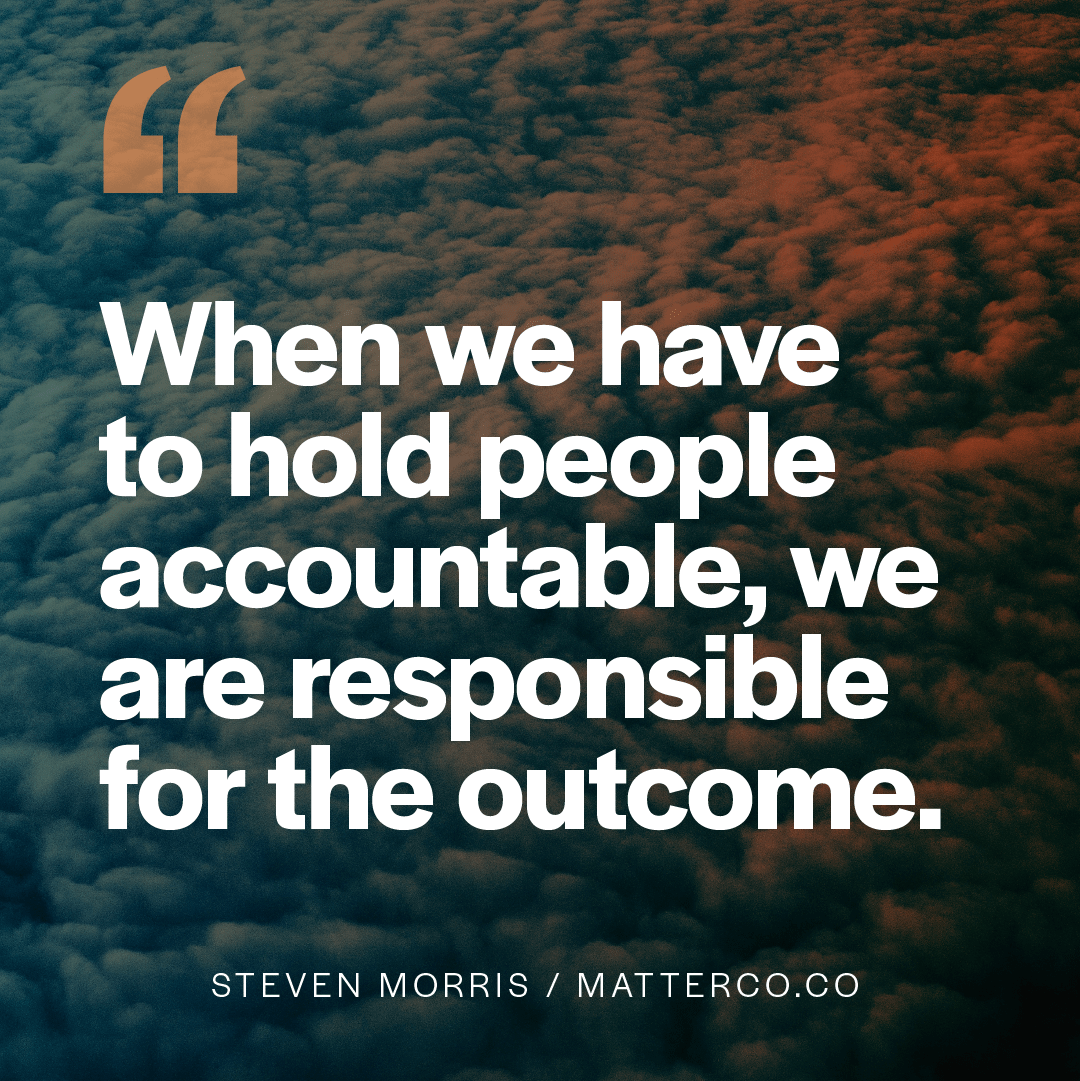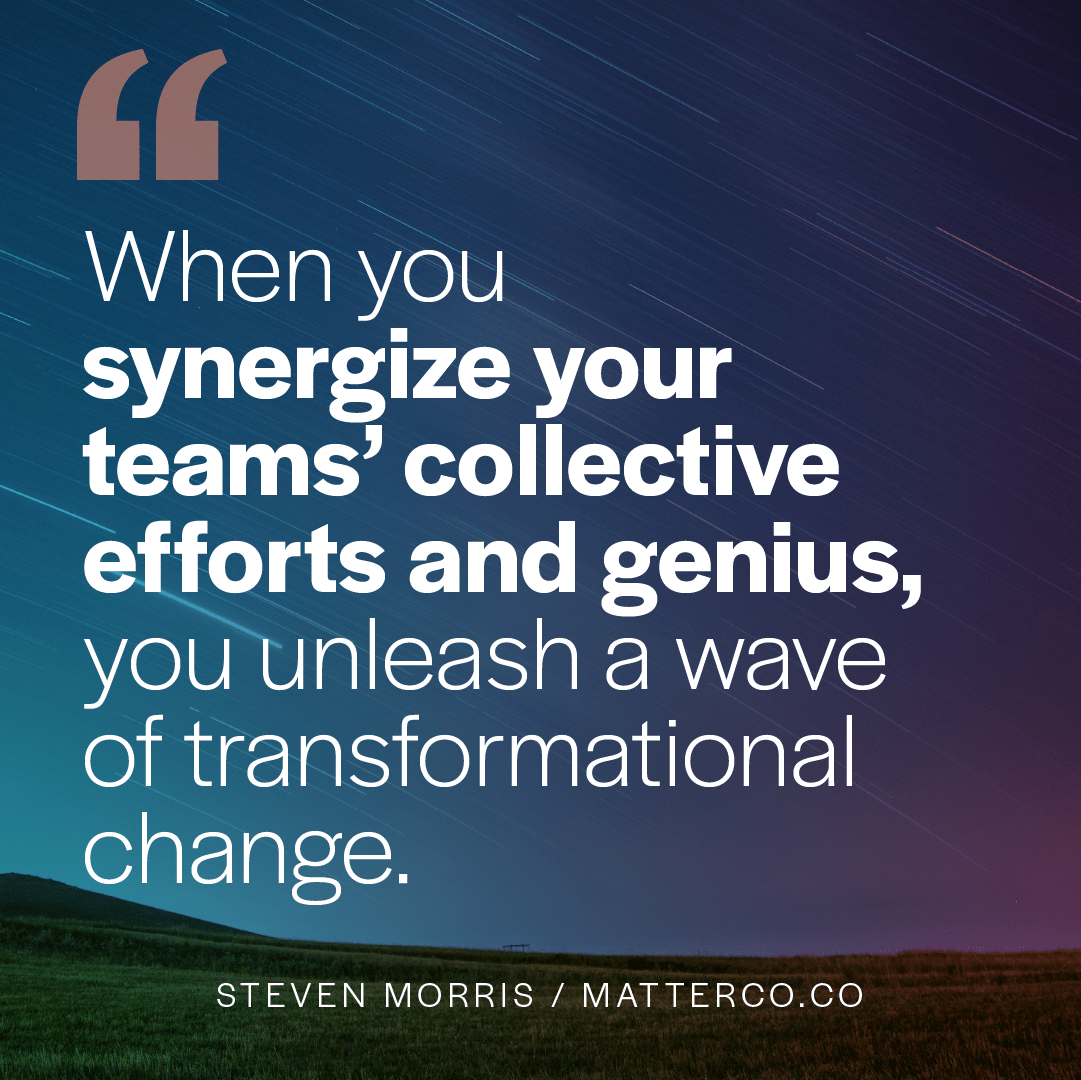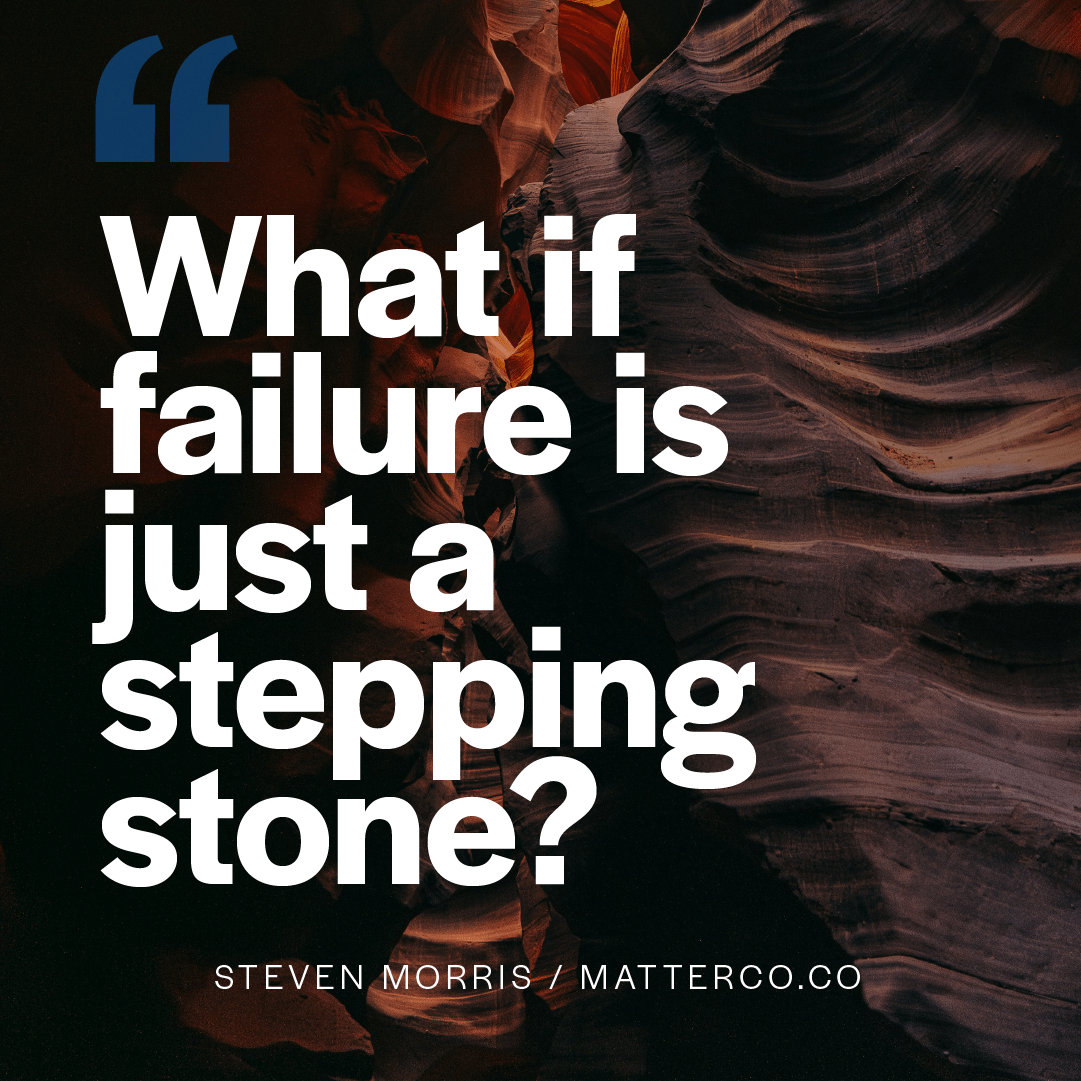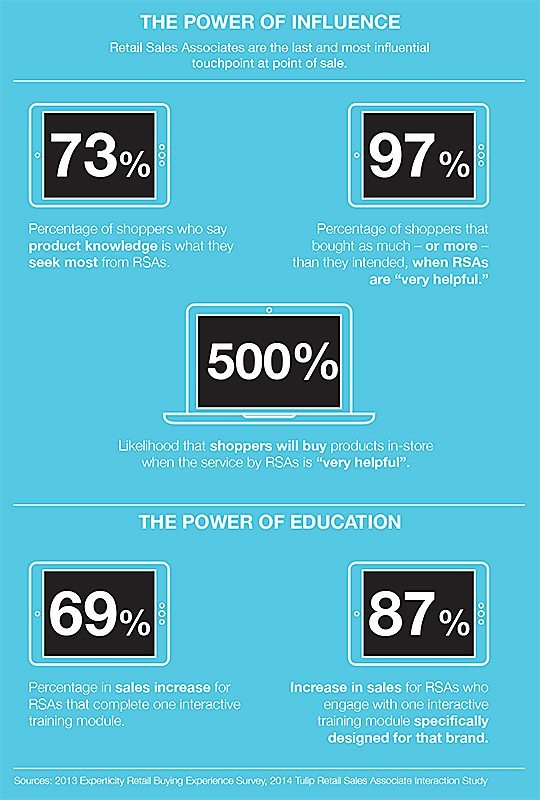
How Consumers Have Turned the Table on Retailers
Part One
A serious power-shift is taking place at the retail point of sale. The way that people buy products has changed dramatically.
While retail stores still represent over 90% of all product sales* nearly all the power lies in the hands of well-informed customers.
The reason is online access to the entire market, which gives them abundant choices for making their final purchases. Price trumps loyalty, and stores have to adapt quickly to not end up being just a showroom.
We’ve seen the effects of these shifts for retailers take two major forms:
First, retailers become irrelevant or obsolete and suffer the consequences: the demise of Borders is just one unfortunate example. Not long ago they had 1,200+ stores employing more than 30,000 employees—now this much loved bookstore chain shuttered all of its doors.
Second, retailers are reinventing themselves in order to stay relevant and thrive. They are fusing digital and physical shopping. Barnes and Noble, in the same product category as Borders, has worked to reinvent, redesign its stores and introduce more relevant products, such as the Nook and Nook App, to customers.
The New, New Consumer
81% of customers have done online product research before heading to a store for purchase, according to a 2013 study by GE Capital Retail Bank.
Today’s shoppers are informed shoppers. And this information gathering is primarily driven by the search for the best price.
The store staff’s typical sales techniques no longer have a positive effect. While shoppers have done research, they’re not product experts—therefore, having a well-trained and confident sales associate can make a world of difference in closing the sale.
Customers look for confirmation of what they already know, so service and knowledge are the new kings here. In fact, the numbers speak for themselves.

Reviving Brick-and-Mortar
Despite the demise of some retailers, brick and mortar is not dead. Not by a long shot.
The reason why people select retail locations has shifted from “I’m here and ready to buy” to “I’m doing more research, and by the way have an interest in buying.”
Today, “shopping” has more to do with gathering product info, than with hunting (going in for the purchase). Shoppers still want to buy things, but they want to make the most informed and economical purchase.
In order to keep up with customer behaviors and expectations, it is essential that stores must be more connected.
Consider the Apple Store. Their retail concept works because it picks up where online information stops. Different from un-wired stores like Best Buy, all Apple products are fully functional, including connectivity to all product information (educational and exploratory).
It’s show and touch vs. just tell. People can do online research with the aid of an RSA, or access built-in POS comparison information.
In addition, the sales associates are very well-trained, and can quickly and easily answer any product or benefit questions a customer might have. Then, the RSA can checkout a product right when the customer is ready to buy—immediately removing the lion share of disruptive roadblocks that inhibit purchase.
Brand Loyalty Is Dead — Long Live Retailer Loyalty
Also true is that shoppers are less loyal to brands than ever.
During the recession customers went straight for value and they discovered cheaper products without significant quality difference. This was a wake up call for consumers and brands alike. An example is how TVs have shifted from luxury products to commodities in the last few years.
Ironically, customers are remaining loyal to retailer brands, on- and offline. Shoppers will keep going to their favorite retailers because they look for and value a trusted human-to-human experience.
A well-trained sales associate helps them make the right decisions on products that benefit their lives.
The Takeaway
- Customers now come smart and prepared, looking for the one product that exactly fits their life.
- They’re expecting value from the human-to-human interaction with the sales associates.
- That value is trusted knowledge, affirmation of their research or a strong recommendation that fits their exact wishes.
The best strategy a product manufacturer or retailer should use is ensuring that their sales associates act as advocates for the customer. They need to be their costumers’ go-to smart friend when it comes to buying things. Doing this will build trust, foster brand affinity and loyalty, the foundation for lasting relationships with customers.
Stay tuned for Part 2 of our Winning At Retail series, Retailer’s Most Powerful Tool.
*Source: Forrester Research, US Cross Channel Retail Forecast, 2011-2016, July 23, 2012.
If you want a more trusting team, a culture of belonging or a magnetic brand that attracts more of the right customers, I can help. If you'd like to explore if working together makes sense, drop me a line.




